
Feeding your baby solid foods for the first time is an exciting milestone, but it can also lead to some feeding mistakes, especially for new parents. As a first-time mom. I remember delaying the moment to start solids with my little one because I was filled with fear and uncertainty. I had so many questions swirling in my mind: What if she becomes a picky eater? What if she chokes on the food? Which method should I try? How will she tolerate allergens? What if she dislikes vegetables? All of these worries made the transition from breast milk or formula to solid foods feel like a huge and overwhelming step.
I found myself documenting every article I could find that addressed my fears. I spent hours reading up on baby-led weaning, purees, and everything in between. My goal was to be fully prepared before introducing solids. And now, looking back, I can see that I wasn’t alone in having these concerns. If you share any of these fears, I highly recommend taking the time to get informed. There are plenty of articles on this blog that can help guide you through the process with confidence.
The truth is, feeding mistakes are common during baby diversification, and they can happen to anyone. The good news is that most feeding mistakes can be avoided with the right information, patience, and some trial and error. In this article, I’ll share some of the most common feeding mistakes I made. I’ll also offer practical advice on how to avoid these mistakes as you start solids with your baby.
Feeding Mistakes Every First-Time Parent Should Avoid
1. Starting Solids Too Early or Too Late – A Common Feeding Mistake
As a first-time parent, the pressure to “get it right” is real. I remember Googling, “When is the best time to start solids?” almost every day leading up to the big day. Some family members insisted that I start solids earlier than 6 months, claiming my baby needed the extra nutrients. Others warned me that introducing solids too soon could cause digestive issues.
After consulting my pediatrician and trusted resources, I learned that 6 months is generally the ideal time to start solids. Before that, breast milk or formula provides all the nutrients babies need.
Starting solids too early can overwhelm your baby’s digestive system and lead to issues like constipation or even allergies. On the other hand, waiting too long can cause delays in your baby’s motor skills development and make them more resistant to trying new foods.
Tip: Look for signs that your baby is ready. These include being able to sit up with support, showing interest in your food, and having good head control. Your pediatrician can also guide you on the best time to start. Here is what you need to know if you’re ready to start solids.
2. Avoid These Feeding Mistakes: Introducing Too Many Foods at Once
This was something I was careful not to do. I didn’t rush into introducing a variety of foods to my baby all at once. Instead, I stuck to a small range of the same veggies, fruits, and meats, simply changing up the combinations before introducing anything new.
I learned that this approach helped me avoid confusion and made it easier to identify any potential food sensitivities. By focusing on one food at a time and waiting a few days before trying something new, I ensured a smoother, more manageable feeding experience for my baby.
Tip: Introduce only one new food every 3-5 days to monitor for any allergic reactions or sensitivities. If your baby shows signs of discomfort (like rash, diarrhea, or vomiting), it will be easier to pinpoint the cause.
3. Offering the Wrong Textures Too Soon – A Feeding Mistake That Can Cause Frustration
The first time I offered my baby some mashed sweet potato, I didn’t realize how chunky it was until I saw her little face scrunch up in confusion. I quickly learned that babies need time to adjust to new textures. Introducing foods that are too lumpy or hard for them to chew can be a choking hazard and cause a lot of frustration.
During my baby’s transition to solids, I started with smooth purees and gradually introduced mashed foods. After couple of weeks we moved on to soft, bite-sized pieces of food. This progression worked well for her, and it also gave her digestive system time to adjust to different textures.
Tip: Start with smooth purees (like pureed carrots or applesauce) before moving to mashed foods and soft finger foods. Watch for signs that your baby is ready for the next step, such as a strong desire to chew or grip food. If you prefer to follow the Baby-Led Weaning approach, start by reading this article first.
4. Not Offering Enough Variety of Foods – A Mistake That Can Affect Nutrition

It’s easy to stick to the basics—apples, bananas, and sweet potatoes—but offering a limited range of foods can create feeding mistakes that affect your baby’s nutrition in the long run. I didn’t realize this at first, but by not offering a variety of fruits, vegetables, grains, and proteins, I was missing out on a chance to help my baby develop a diverse palate.
My pediatrician recommended that I introduce a wide variety of healthy foods. It’s good for your baby to experience a range of flavors early on. I started adding peas, zucchini, lentils, and even quinoa into the mix. Eventually, my baby started to love a variety of foods, which also helped her grow stronger and more adventurous with each new meal.
Tip: Introduce a wide variety of fruits, vegetables, grains, and proteins to help your baby develop a broad taste and ensure they get the necessary nutrients. If they don’t love a food the first time, try again later.
5. Forcing Your Baby to Eat More Than They Want
One of the best things I did as a first-time parent was being careful not to overfeed my baby and not insisting if she didn’t want more food. I understood that it wasn’t necessary to make every bite count or to finish everything on her plate. This approach helped my baby feel more relaxed and comfortable with solids.
I learned that babies are excellent at self-regulating their hunger. When my baby turned her head away or stopped eating, I recognized it as her way of saying she was full. Avoiding the urge to push more food allowed mealtime to be a positive experience for both of us.
Tip: Pay attention to your baby’s cues. If they turn away, stop eating, or get fussy, it’s okay to stop the meal. You can always offer food again later.
6. Worrying About Picky Eating Too Early
Every parent wants their baby to have a healthy relationship with food. However, I’ll admit that I was anxious about picky eating before my baby had even started solids. I read a lot about how some babies get super picky around 9-12 months, and it made me nervous that my baby would refuse to eat.
The truth is, picky eating is a phase many babies go through, and it usually passes. My baby went through a period where she only wanted to eat bananas, but I kept offering new foods, and eventually, she started enjoying a wider variety again. It’s important to stay calm and keep offering different options without pressuring your baby to eat.
Tip: Don’t worry if your baby seems picky at times. Keep offering a variety of foods, and let your baby lead the way. The goal is to make mealtime enjoyable and relaxed. Read here more details how to deal with a picky eater.
7. Not Preparing for Messy Mealtimes
I think all new parents worry about the mess that comes with feeding solids. The first time my baby ate avocado, I was shocked at how much ended up on her face, hands, and the high chair. Honestly, I was embarrassed about the mess at first.

But over time, I learned that messy mealtimes are inevitable, and they’re actually a sign that your baby is learning and engaging with their food. It’s all part of the process. I began to embrace the mess (and kept a mop and wipes handy), and I realized it made mealtime more fun for both of us.
Tip: Expect a mess, and embrace it! Let your baby explore their food, and don’t worry too much about the cleanup. It’s part of the learning process.
8. Choosing the Wrong Feeding Tools for Your Baby
Selecting the right feeding tools can be tricky, and I found that some cups or bottles worked better for my baby than others. Early on, we tried a variety of sippy cups, but my baby initially struggled with the harder spouts. Eventually, I switched to a straw cup, which she adapted to much quicker. It’s key to try different options to see what works best for your little one’s development stage. And don’t forget about the importance of a good high chair! A comfortable, safe high chair plays a crucial role in mealtime as it helps your baby feel secure and engaged during meals. If you’re still unsure which sippy cup or high chair is best for your baby, check out my article on the best high chairs and best sippy cups for more detailed recommendations and reviews.
9. Spoon-Feeding for Too Long
One feeding mistake that I was careful not to make was spoon-feeding my baby for too long. I knew that it’s important for babies to develop their motor skills, so I made a conscious effort to gradually introduce finger foods and let my baby explore eating independently as she got older. While spoon-feeding worked well during the early stages, I didn’t want to delay her ability to self-feed, so I gave her the opportunity to try feeding herself. Allowing my baby to take the lead with food helped her build confidence and coordination, setting her up for success as she grew.
Bonus Tips: Simple Ways to Avoid Feeding Mistakes
Stop Wiping Your Baby’s Face After Every Bite
It might seem instinctive to wipe your baby’s face every time they make a mess, but many babies don’t enjoy this, and it can create a negative association with mealtime. Constantly wiping their face can make them feel like eating is something “messy” or “bad.” Instead, I learned to let my baby get a little messy and wiped her face more casually after the meal, making it feel like a natural part of the routine rather than an interruption.
Avoid Dressing Your Baby in Special Clothes for Meals
While it may seem like a good idea to put your baby in a special feeding outfit to avoid messes, it can make mealtime feel like an event they need to prepare for – something that could add unnecessary pressure. Instead, I dressed my baby in everyday clothes, making mealtime feel casual and fun. It helped her develop a relaxed attitude toward eating, without any associations of stress or discomfort.
No Cartoons or Mobile Phones During Meals
It’s easy to be tempted to distract your baby with cartoons or mobile phones during meals, but I made a point to avoid this from the start. Mealtime is an opportunity for my baby to focus on her food and learn to enjoy the process. Plus, setting an example is key! I avoided distractions myself as well because babies look to us as role models. By creating a calm and mindful mealtime atmosphere, we both learned to appreciate the experience without external distractions.
Avoid Feeding Them Only Foods They Like
It’s tempting to serve your baby only foods you know they’ll eat, especially when you’re trying to avoid a mealtime struggle. However, I made sure to offer a variety of foods, even if my baby wasn’t a fan at first. Keep offering new foods, but don’t make it a big deal. Just put it on their plate and let them explore. Eventually, she became more comfortable with a wider variety of tastes, and I was relieved to know she wasn’t just eating the same foods over and over.
Limit Snacks Before Mealtime
One mistake I was careful not to make was allowing my baby to snack too much before mealtime. If she was too full from snacks, she wouldn’t have room for her regular meals, and it could throw off her appetite. I kept snacks light and timed appropriately, ensuring they didn’t interfere with mealtime. This helped her come to the table ready to eat and allowed her to stay hungry for a balanced meal.
Stop Praising or Offering Rewards for Eating Healthy Foods
Many parents, myself included, often fall into the trap of praising or rewarding a baby for eating healthy foods. While it’s great to encourage them, I realized that over-praising can make mealtime feel like a performance, rather than a natural part of the day. By not offering extra praise or rewards, I helped my baby develop an internal motivation for eating healthy foods without pressure or expectations.
Don’t Make Them Finish Everything on Their Plate
Finally, I stopped insisting that my baby finish every bite on her plate. Forcing her to finish everything, even when she was full, could have created negative associations with eating. I learned that it’s okay for her to leave food behind if she’s no longer hungry. Letting my baby decide how much to eat based on her own hunger cues taught her to listen to her body and helped foster a healthy relationship with food.
Conclusion: Feeding Mistakes and Lessons Learned
Making feeding mistakes is part of the parenting process, but each mistake is an opportunity to learn and grow. With a little patience, attention to your baby’s cues, and the right tools, you can avoid common feeding mistakes and create a positive feeding experience for both you and your baby. Remember, it’s okay to make mistakes, and what matters most is that you’re doing your best. If you’ve experienced any feeding struggles or have tips of your own, feel free to share them in the comments. I’d love to hear your thoughts and stories!
FAQ
Q: How can I avoid overfeeding my baby?
A: Pay close attention to your baby’s hunger cues. If they stop eating or turn their head away, respect that they’re full. Don’t force them to finish everything on their plate.
Q: When is the best time to introduce new foods?
A: Introduce one food at a time and wait about 3-5 days before trying something new. This allows you to monitor your baby’s reactions and identify any potential food sensitivities.
Q: What if my baby doesn’t like a certain food?
A: It’s normal for babies to be picky at first. Keep offering the food in different ways or combinations, and don’t be discouraged if they refuse it. They may come around to it later.
Q: Should I worry if my baby isn’t eating as much as I expect?
A: As long as your baby is growing well and seems healthy, there’s no need to worry. Babies tend to self-regulate their intake, so trust their cues. If you’re concerned, consult your pediatrician.
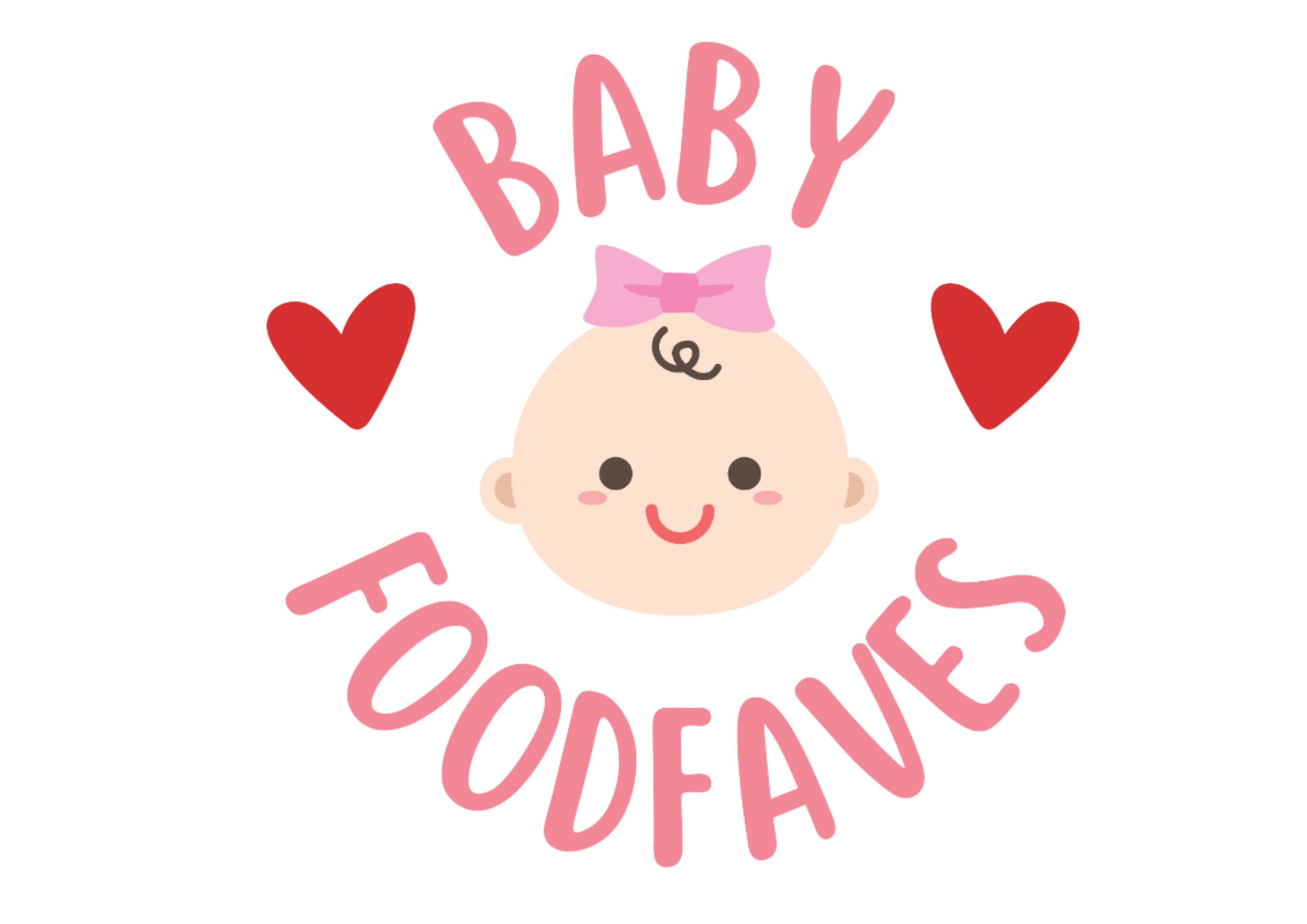


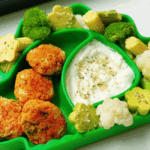


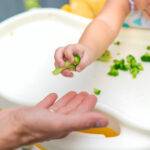






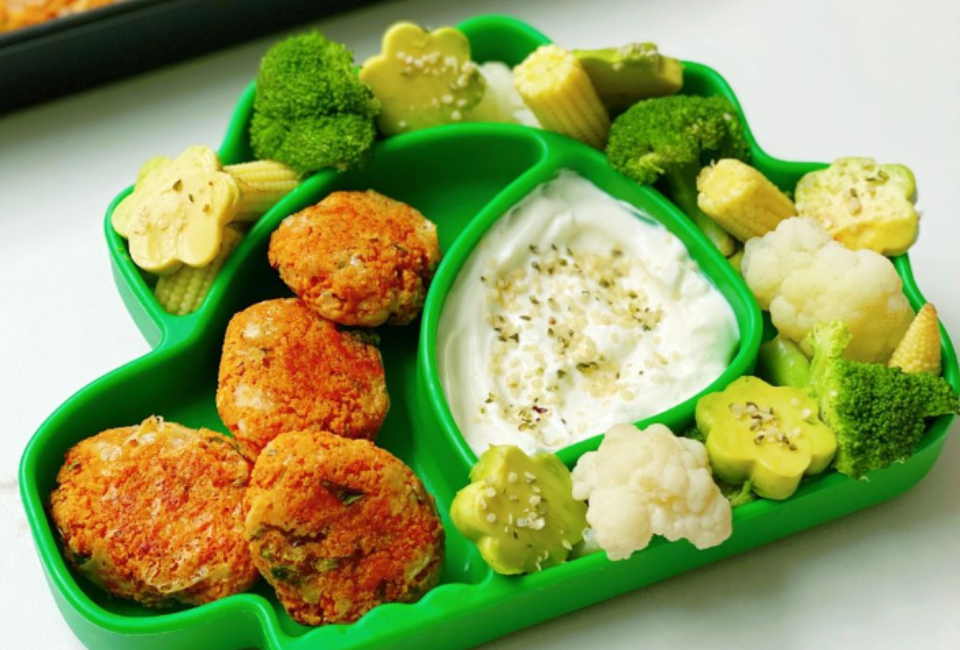
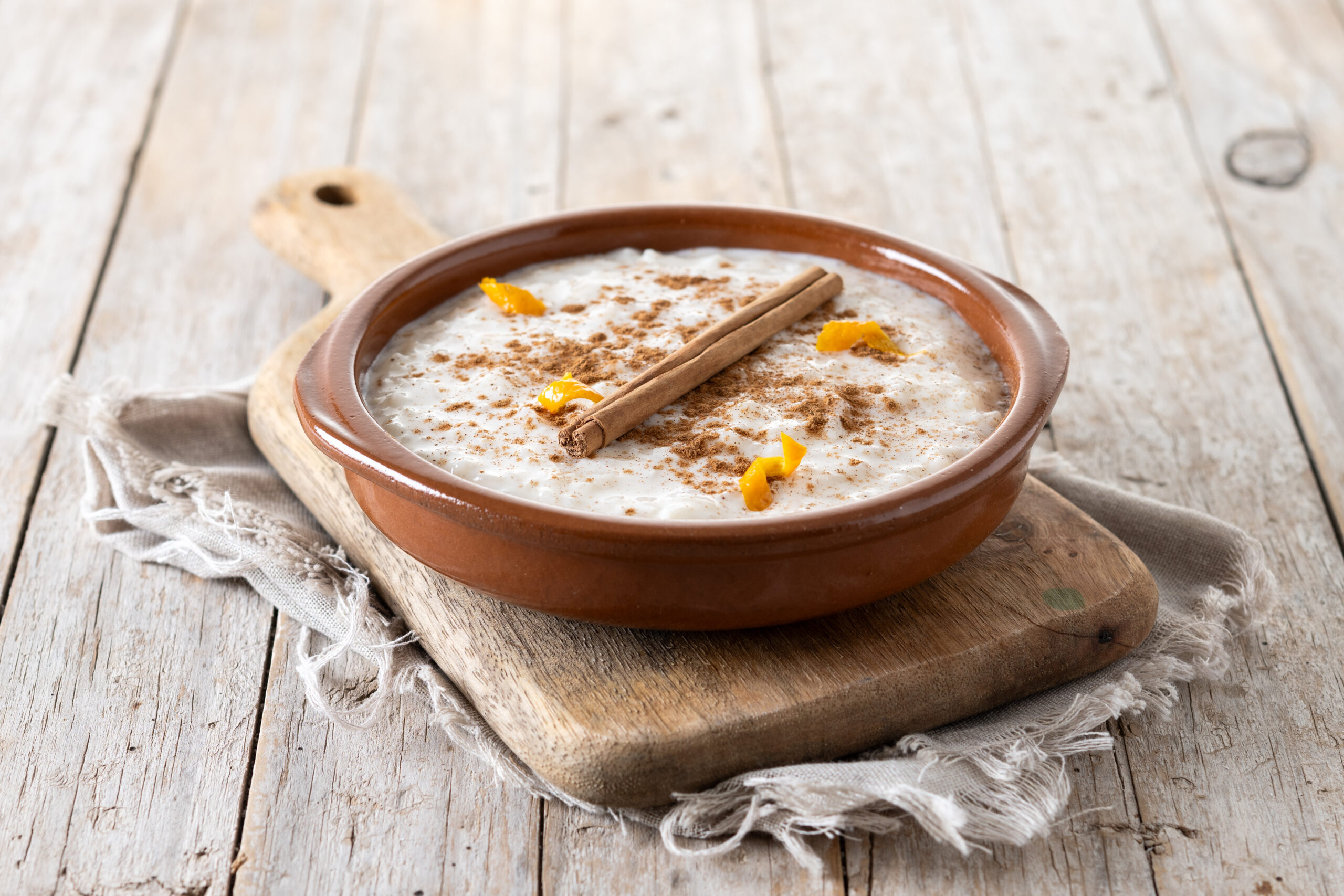
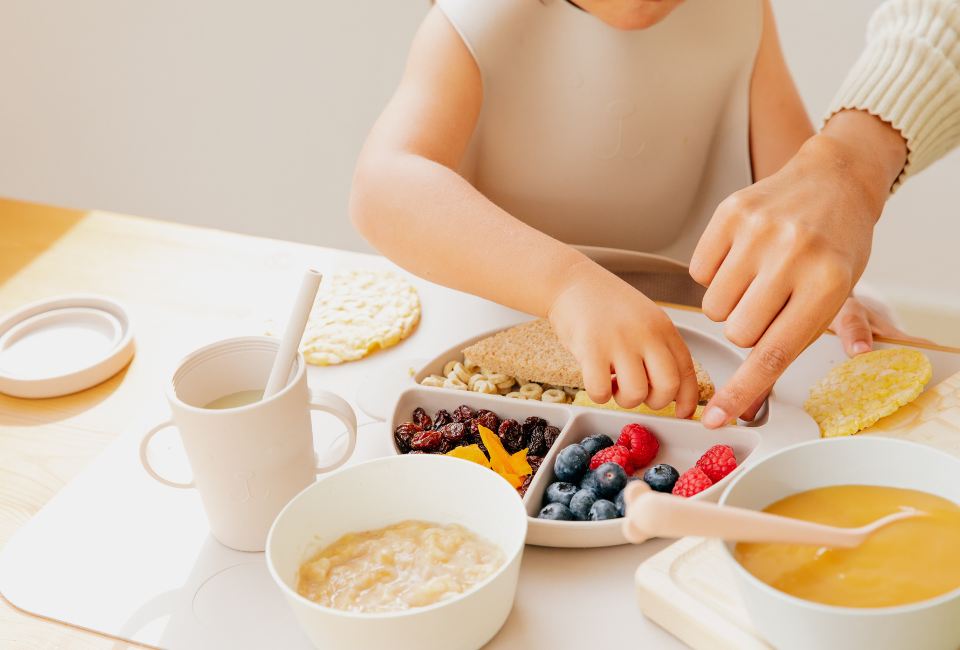
Leave a Reply